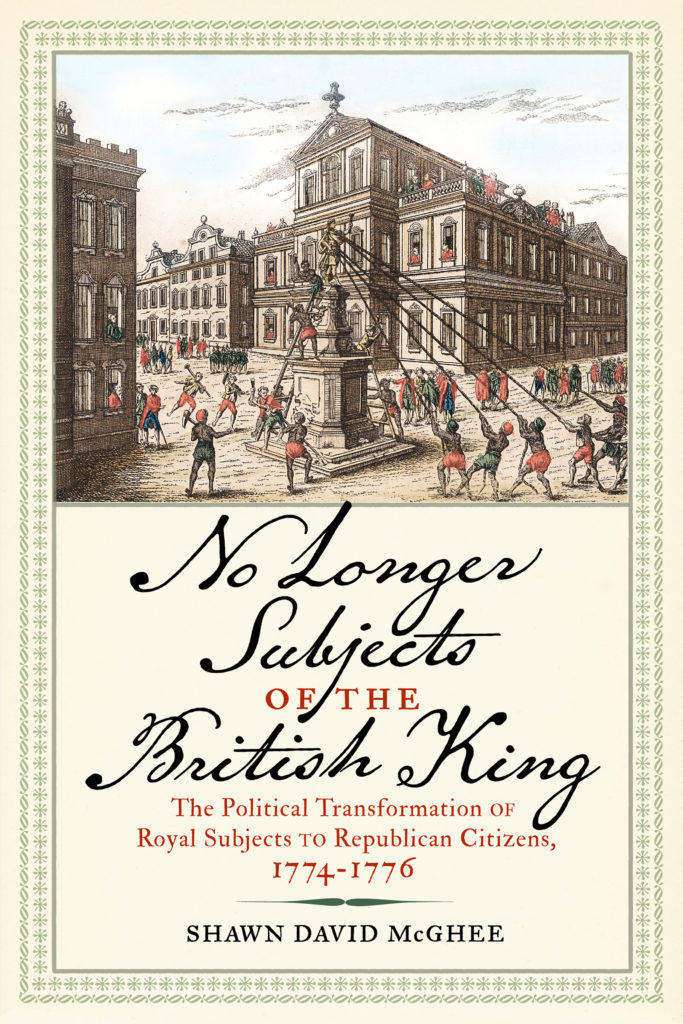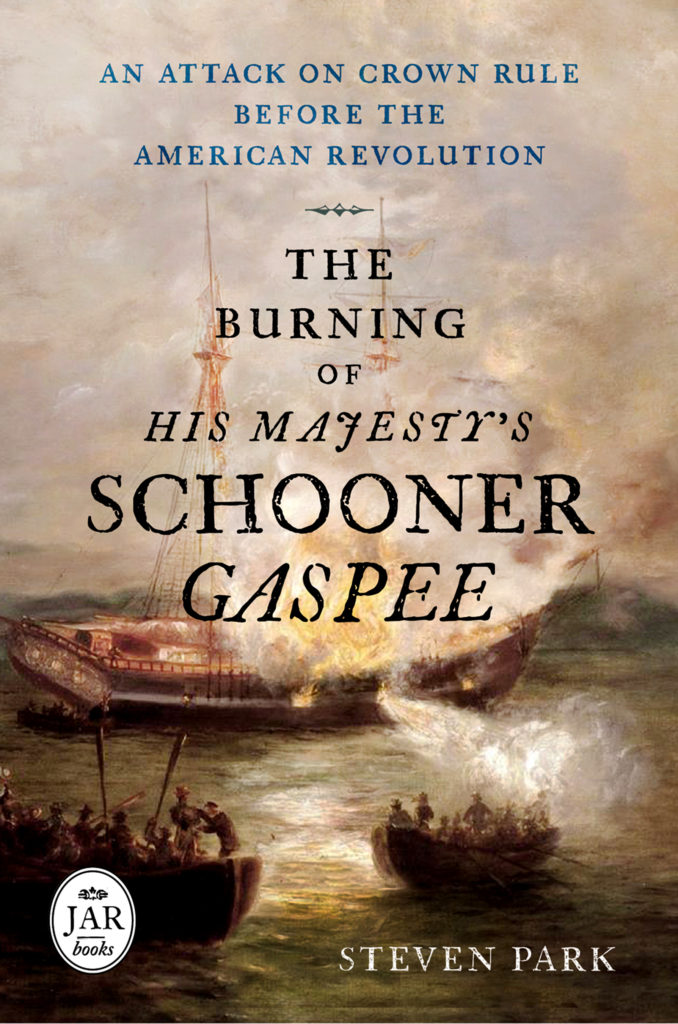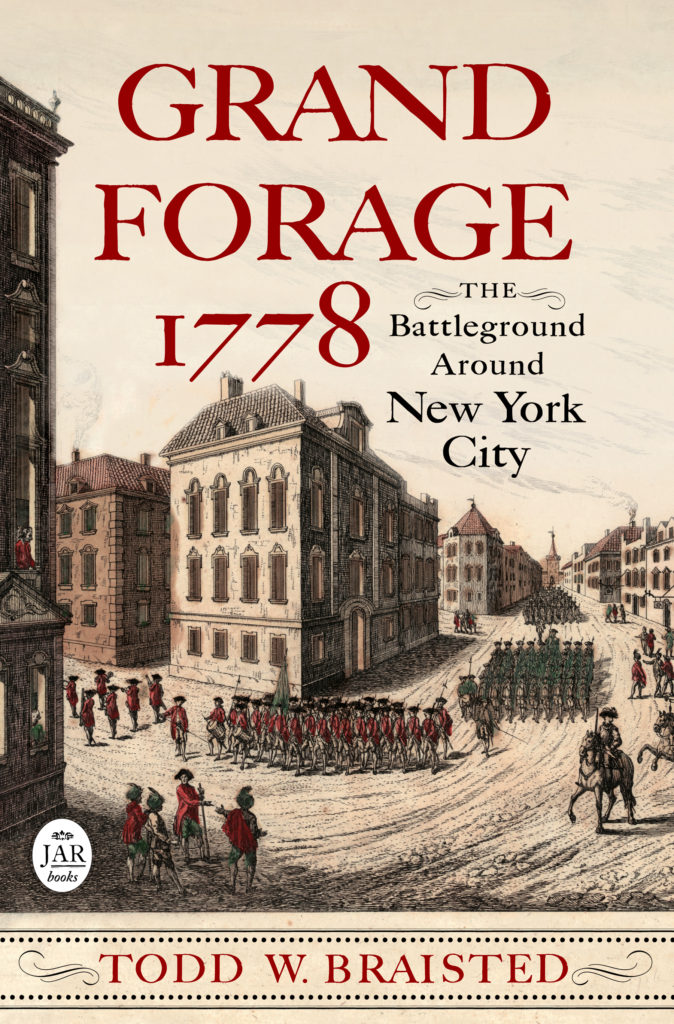About This Book
When news reached Parliament of the Boston radicals’ destruction of the Royal East India Company’s tea, it passed the Coercive Acts, a collection of punitive measures designed to rein in that insubordinate seaport town. The Coercive Acts unleashed a political firestorm as communities from Massachusetts to Georgia drafted resistance resolutions condemning Parliament’s perceived encroachment upon American liberty. Local leaders also directed colonists to refrain from purchasing British merchandise and forego the theater, horse racing, and other perceived debauched traditions. Local activists next convened the Continental Congress to coordinate a pancolonial resistance movement to pressure Parliament into repealing the Coercive Acts and settling American rights on a constitutional foundation. Once convened, Congress deftly drafted the Articles of Association. Traditionally understood as primarily an economic response by the colonies to Parliament’s actions, the Continental Association called for public demonstrations of commercial and cultural restraint, conduct delegates hoped would both heal the empire and restore colonial virtue.
Historian Shawn McGhee offers a fresh perspective on the origins of American political identity. No Longer Subjects of the British King: The Political Transformation of Royal Subjects to Republican Citizens, 1774-1776 reveals the crucial process by which the Continental Association organized American towns and counties into a protonational community of suffering to protect political identities they felt were under threat. This work further demonstrates how those sacrificing for the common cause severed their bonds of allegiance to the British king and separated from the broader imperial nation. In this crucible of austerity, they formed an American political community, completing the political transformation from subject to citizen.

Shawn David McGhee is a historian of eighteenth-century America and professional educator in the Philadelphia metropolitan area. He earned his PhD from Temple University and lives in New Jersey with his wife and family.
Praise for No Longer Subjects of the British King:
“This tour de force by Shawn David McGhee could have been titled ‘When Americans became Americans.’ His account of the two stormy years that preceded the Declaration of Independence reveals the processes that fostered the emergence of a separate American identity, a necessary precondition for the final break with Britain in 1776. While the usual movers and shakers-congressmen and other politicians-figure prominently in this narrative, McGhee also describes how public pressure and the press reshaped the political climate. No Longer Subjects of the British King is essential reading for anyone eager to understand how the American Revolution came about and the nature of the nation it begot.”—Gregory J. W. Urwin, Temple University
“Refreshingly uncynical, this concise and well-written book explains how revolution became imaginable and practical in 1774 and 1775. Shawn McGhee combines the best aspects of older and newer scholarship, attending to ideology and practice, institutions like the Continental Congress as well as what people saw and did in their towns and what they read in the newspapers. It’s also a timely reminder of how active citizenship forged the republic, showing how identities and the nation were made in politics.”—David Waldstreicher, author of The Odyssey of Phillis Wheatley
“In No Longer Subjects of the British King, Shawn McGhee has put the First Continental Congress of 1774 under close examination revealing a deeply principled commitment to popular and accountable political institutions and a civic devotion to the ideal of the public good.McGhee’s book shows the earliest formations of the idea of American civics and citizenship, and so imparts a profound and hopefully enduring lesson.”—Andrew Shankman, author of Original Intents: Hamilton, Jefferson, Madison and the American Founding





